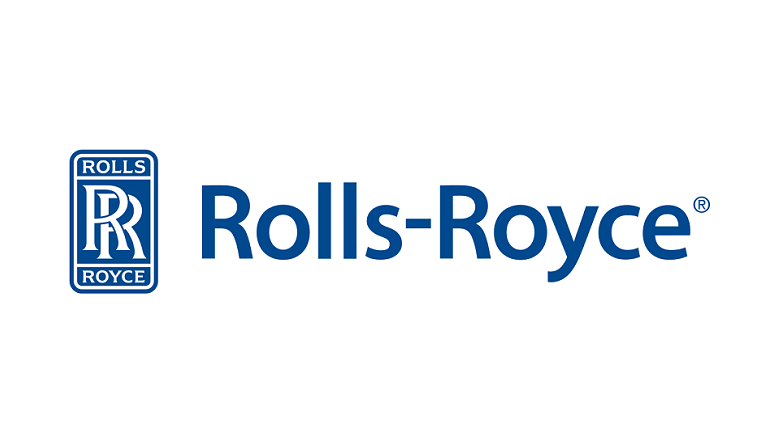Diesel Power to Protect Canada's Boundary Waters

The Canadian Coast Guard (CCG) chose MTU, a Rolls-Royce Power Systems brand and a leading manufacturer of diesel engines and propulsion systems, to power its fleet of nine Mid-Shore Patrol Vessels (MSPV). The MSPV fleet is powered by MTU Series 4000 M93L engines and patrols Canada’s maritime border, the longest coastline in the world, for national threats and fishery regulation infringements.
The MSPV fleet is a joint collaboration between the Canadian Coast Guard and the Royal Canadian Mounted Police's Marine Security Enforcement Team. The vessels enhance Canada’s national security by responding to potential threats and addressing water enforcement requirements by seizing, recovering, storing and transporting illegal fishing gear and contraband, and discouraging smuggling and fish poaching.
Ideal Power Solution
Engineered for a low operating noise level, MTU’s Series 4000 marine engines were chosen to fit the performance, weight and physical size requirements of the project.
“The Canadian Coast Guard originally considered a different engine manufacturer to power the MSPV fleet, but quickly recognized the project required a lighter engine with a different weight-to-power ratio,” said Louis Blouin, general manager at Wajax Power Systems, the project’s MTU distributor. “In the end, MTU’s advanced technology offerings won the bid. The weight-to-power factor of the MTU 12V 4000 M93L and its ability to fit in a very confined space was the perfect fit for this project.”
Rigorous Federal Testing
Because the MSVP is responsible for Canada’s national maritime security, it is subject to rigorous government performance regulations. To adhere to these regulations, the entire installation was limited to 5,000 horsepower.
“The project required a power solution that met significant weight restrictions, precise power requirements, and could achieve a federal performance certification. Since it was for the Coast Guard, the project was required to obtain a certification that the engines can perform with a full load – 25 knots – for 16 hours to test engine durability, fuel consumption and performance in extreme conditions,” said Jozsef G. Misek, MTU America sales specialist for government and naval business.
Coast To Coast Support
The MSPV fleet is scattered across Canada’s maritime boundaries – from the Atlantic Ocean to the Pacific Ocean, the Great Lakes to the Saint Lawrence Seaway – and Wajax Power Systems offers the Coast Guard coast-to-coast maintenance support thanks to their vast Canadian presence and strategic partnerships with Cullen, MTU’s West Coast Canadian distributor.
“Thanks to our partnership with Cullen we’re able to offer top of the line maintenance support from Newfoundland to the Yukon Territory,” said Blouin.
The MSPV project is MTU’s breakthrough engine project for the Canadian Coast Guard. Each vessel in the fleet is named in commemoration of honored personnel who gave their lives in service of the Canadian Coast Guard. In 2010, the MSPV project began with a steel cutting ceremony to honor the beginning of construction of the first vessel, the CCGS Private Robertson V.C. As of October 2014, the ninth and final ship, CCGS Captain Goddard M.S.M., had been delivered.
The products and services herein described in this press release are not endorsed by The Maritime Executive.
